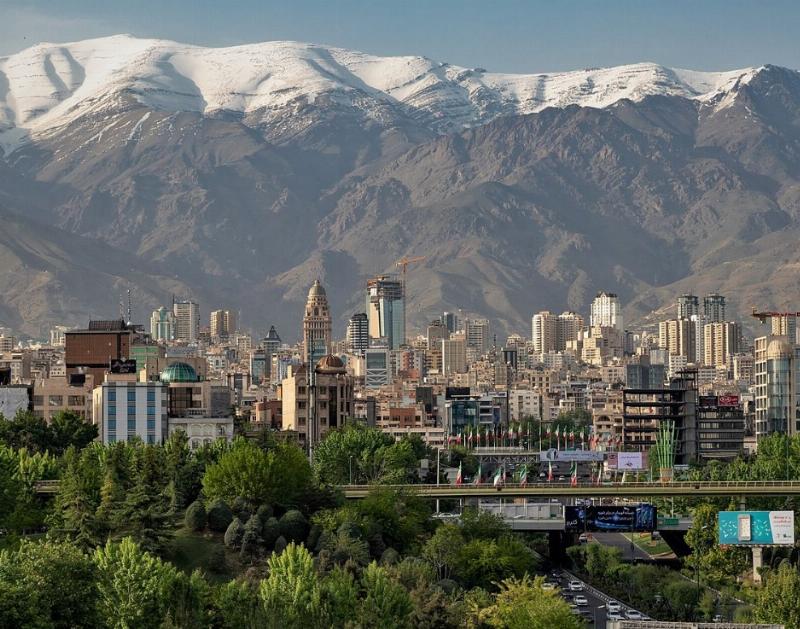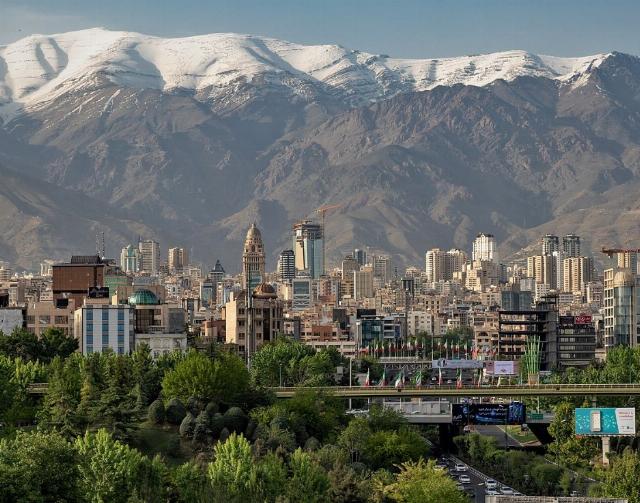


It is true that politics is downstream from culture, but not as clearly understood is that the culture of a civilization derives directly from its religious understanding of the significance of human life and the purpose of freedom.
The outcome that really matters in Iranian regime change is the establishment of a living freedom of religion for that nation. Without that, it’s more of the same — another authoritarian religious figure holding on to his power through indoctrinating hate. When the day of religious freedom dawns for the Persian people, they will have the chance to gather up their still living spiritual endowment of Zoroastrianism, the first permanent monotheistic religion, whose ancient texts yet today illuminate the path of an unseen, all-powerful, infinite God and His central emphasis on goodness in thought, word, and deed.
The close and special shared spiritual heritage between Persians and Jews makes this current war particularly tragic. Before there was Abraham, there was Zoroaster. It is a question of faith whether Zoroaster and Abraham were divinely enlightened beings or just wise men who arose at great moments of human spiritual advancement. It is not a question of faith that there is a strong family resemblance between Zoroastrianism and Judaism.
Both are ancient yet vital religions, the first ones to declare faith in an unseen, almighty God who wants human beings to be good and not evil, who judges the evil and embraces the good, and provides through sacred teachings the path to a garden of eternal life. Unlike Iranian Islamism, in Zoroastrianism and Judaism, the dastur and rabbi, respectively, are assistive teachers, not judgmental controllers, and are not elevated above ordinary believers. Fundamental to both religions is the elevation of sanctified monogamy, the spiritual duty of childrearing, the religious consecration of children — all moral traditions that protect women and children and restrain barbarity in men.
Zoroastrianism and Judaism are imbued with consciousness of religious tolerance. The transformational openness of Cyrus the Great, which allowed the Jews to return to their religious home of Jerusalem, was likely based in Zoroastrian beliefs of goodness and righteousness. Zoroastrianism and Judaism both recognize that the religious profession of their believers is a reflection of individual, considered faith. Forced group conversion through violence is abhorrent to Zoroastrianism and Judaism.
Perhaps the Iranian people will claim the foremost of all freedoms, religious freedom, and step into modernity. Perhaps that key has already been turned for them.

Image: Ninara via Wikimedia Commons, CC BY-SA 4.0.
